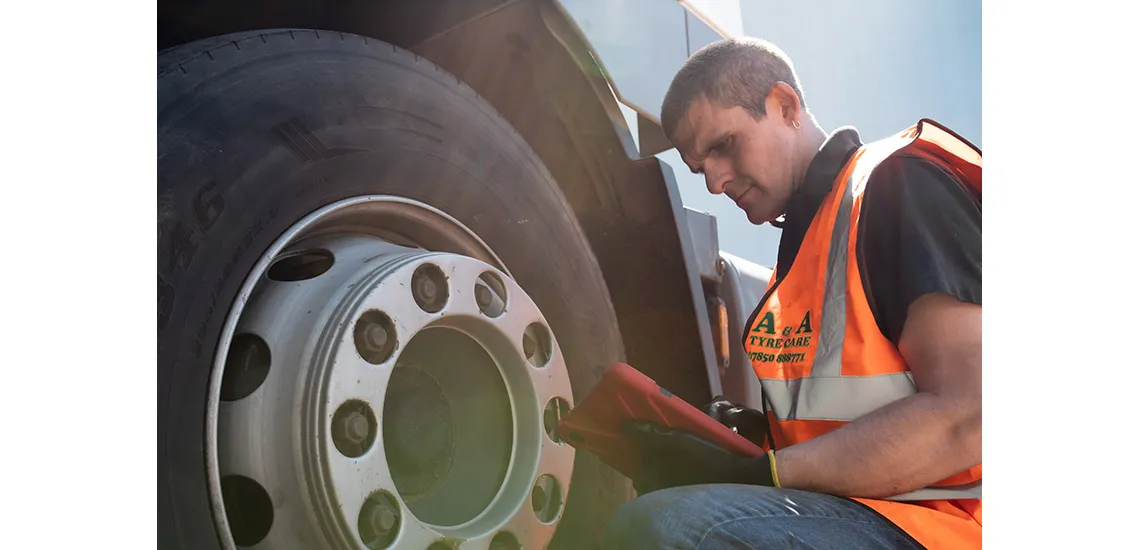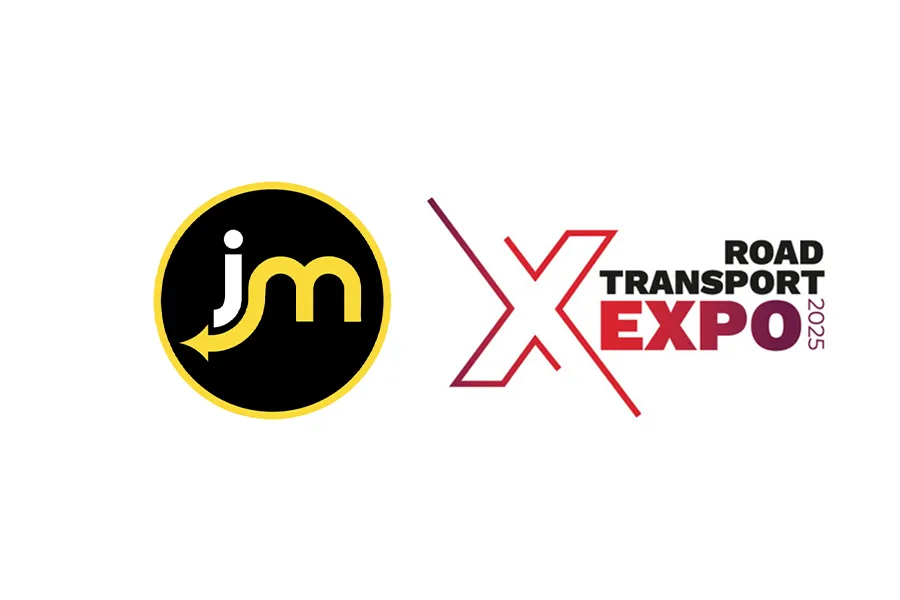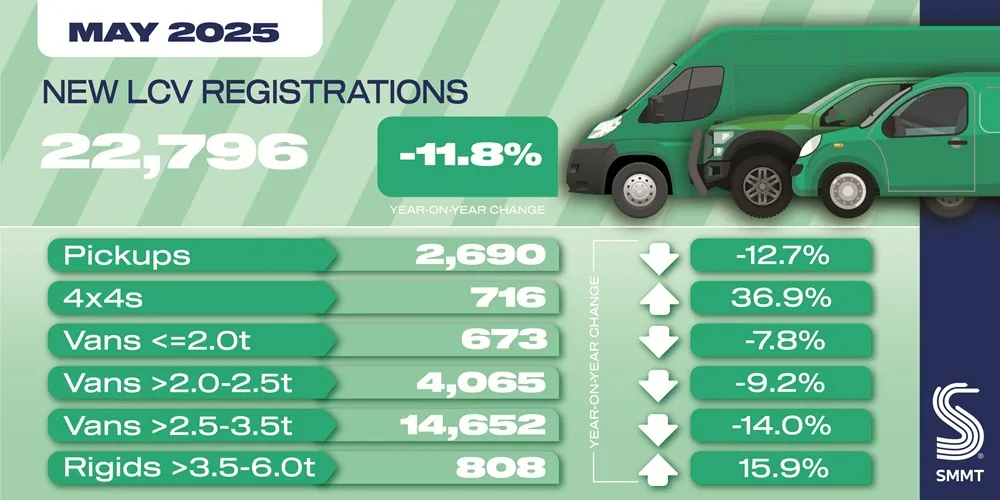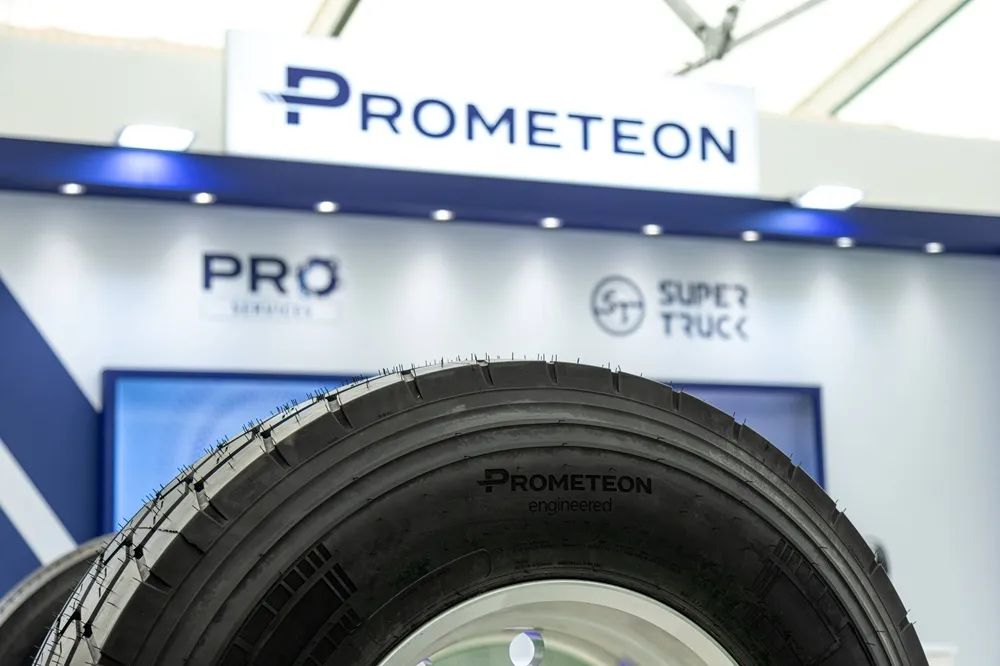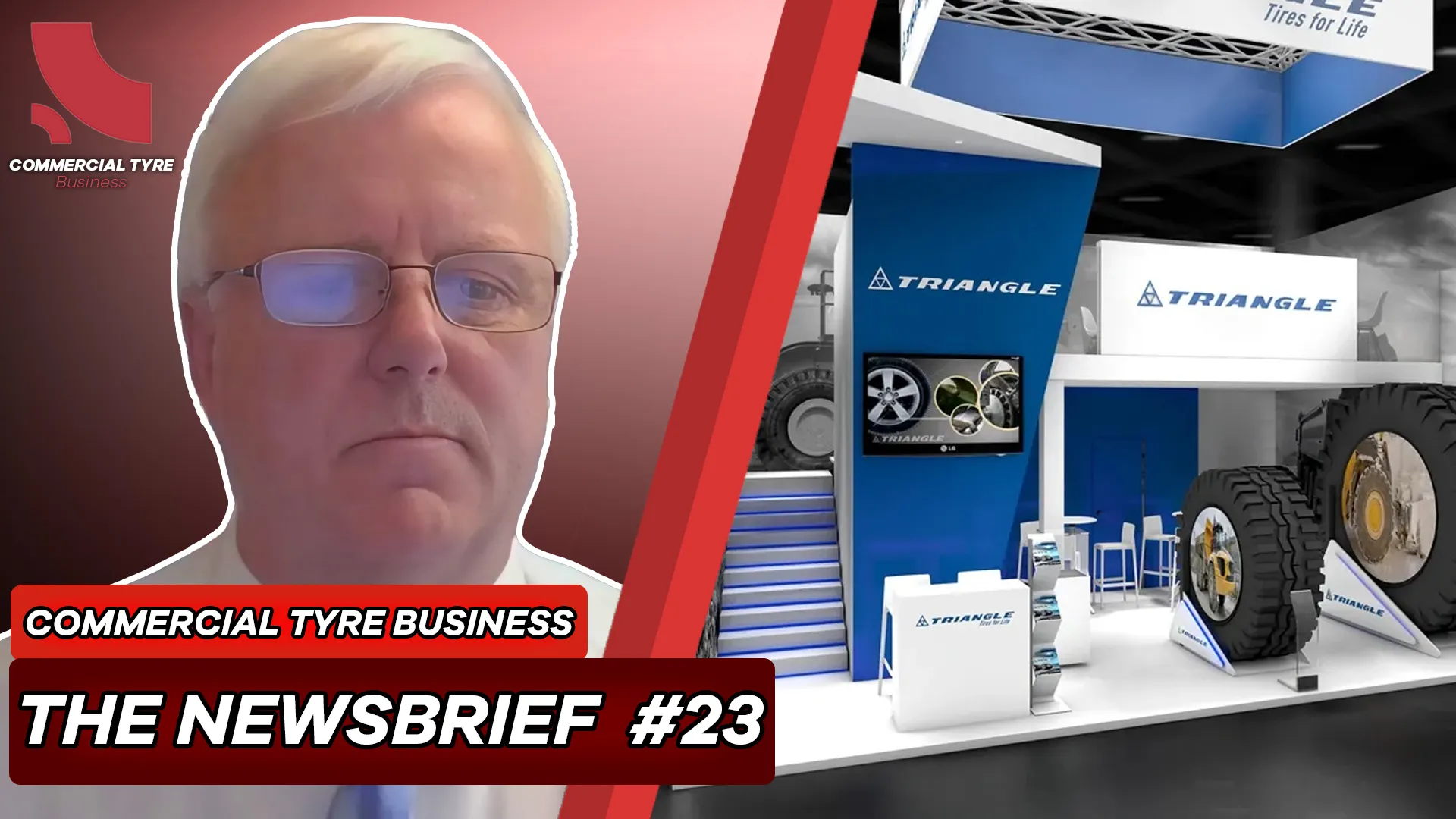In an increasingly digital world, the digital tyre management sector has long had players offering multiple technologies that helps control tyre and fuel costs.
Founder, Joe Stapleton Speaks on the Topic of Sustainability
TyreOps technology helps fleets and tyre businesses become more sustainable through two guiding principles which underpin the design of its product features: i. centralizing data from multiple sources with ease and ii. making sustainable practices financially viable for tyre businesses.
Whilst these aims are almost universal selling points for any digital platform aimed a...
Founder, Joe Stapleton Speaks on the Topic of Sustainability
TyreOps technology helps fleets and tyre businesses become more sustainable through two guiding principles which underpin the design of its product features: i. centralizing data from multiple sources with ease and ii. making sustainable practices financially viable for tyre businesses.
Whilst these aims are almost universal selling points for any digital platform aimed a...

